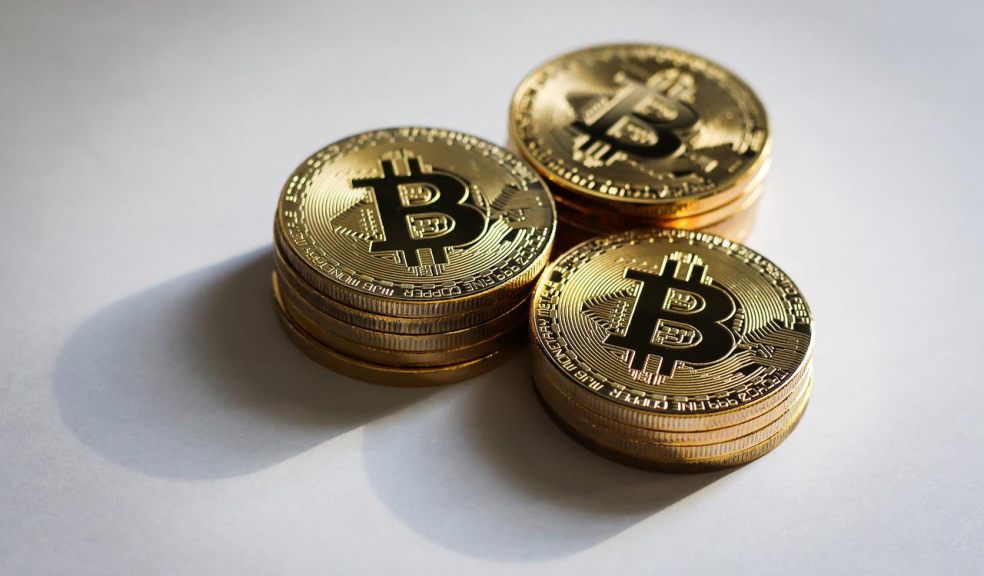
Bitcoin - A Matter of Controversy
The volatile nature of Bitcoin prices has drawn a lot of attention to this cryptocurrency. Some hail it as the future of money, while others believe that it is nothing more than a speculative bubble. So, what exactly is Bitcoin, and why are people so divided about it?
Bitcoin is a digital asset and a payment system invented by Satoshi Nakamoto. Transactions are verified by network nodes through cryptography and recorded in a public dispersed ledger called a blockchain. Bitcoin is unique in that there are a finite number of them: 21 million. You must visit Today Profit if you are interested in bitcoin trading.
Bitcoins are created as a reward for a process known as mining. They can be exchanged for other currencies, products, and services. As of February 2015, over 100,000 merchants and vendors accepted bitcoin as payment.
The controversy around Bitcoin centers on its volatility. Critics argue that the cryptocurrency is too unstable to be used as a means of exchange, while supporters maintain that it is a safe and secure investment. The truth likely lies somewhere in the middle, and it is likely that Bitcoin will continue to be a source of controversy for some time to come.
What is Bitcoin's Volatility?
Bitcoin's volatility is a measure of how much the price of Bitcoin changes over time. It is calculated by taking the standard deviation of the daily returns of Bitcoin prices. High volatility means that the price of Bitcoin is changing a lot, while low volatility means that it isn't changing as much.
Why Does Bitcoin Have High Volatility?
There are several factors that contribute to Bitcoin's high volatility. These include its young age, its low market cap, and its lack of regulation.
Bitcoin is still a young currency, and its price has been very volatile since it was first created in 2009. This is because the market for Bitcoin is still relatively small compared to other currencies. When there is a small market, a small change in demand can cause a large change in price.
Another factor that contributes to Bitcoin's volatility is its lack of regulation. Since Bitcoin is not backed by any government or central bank, its price can be more easily manipulated by speculators.
What Does Bitcoin's Volatility Mean for Investors?
Bitcoin's volatility can be both good and bad for investors. On one hand, high volatility can lead to large profits if the price goes up quickly. On the other hand, high volatility can also lead to large losses if the price goes down quickly.
For this reason, many investors choose to only invest a small amount of their portfolio in Bitcoin. This allows them to benefit from potential gains without risking too much money if the price drops.
What Does Bitcoin's Volatility Mean for Merchants?
Bitcoin's volatility can also be a problem for merchants. When the price of Bitcoin goes up or down quickly, it can cause merchants to lose money if they have not converted their bitcoins into fiat currency immediately.
For this reason, many merchants choose to only accept payments in fiat currency, rather than Bitcoin. This allows them to avoid the risk of losing money if the price of Bitcoin changes quickly.
The strategy that should be Implemented for Bitcoin's Volatility
Bitcoin is a decentralized digital currency that allows for anonymous and instant transactions. Bitcoin's price has been incredibly volatile, with large drops and spikes in value. This volatility makes it difficult to use as a form of currency and hampers its growth potential. There are a few strategies that could be implemented in order to help stabilize Bitcoin's price and make it more usable as a currency.
One potential strategy is to create an exchange-traded fund (ETF) that is based on Bitcoin. This would allow people to invest in Bitcoin without having to worry about buying and selling the digital currency themselves. The ETF would also help to stabilize the price of Bitcoin by providing a place for investors to sell their holdings if the price starts to drop. You will find a wealth of trading resources and advice available at Immediate Momentum.
Another strategy is to create a Bitcoin futures market. This would allow people to bet on the future price of Bitcoin, which could help to stabilize the currency's value. It would also provide a place for investors to sell their holdings if they feel that the price is going to drop.
Both of these strategies could help to make Bitcoin more stable and usable as a currency. They would also help to attract more investors, which could spur further growth in the digital currency.

















